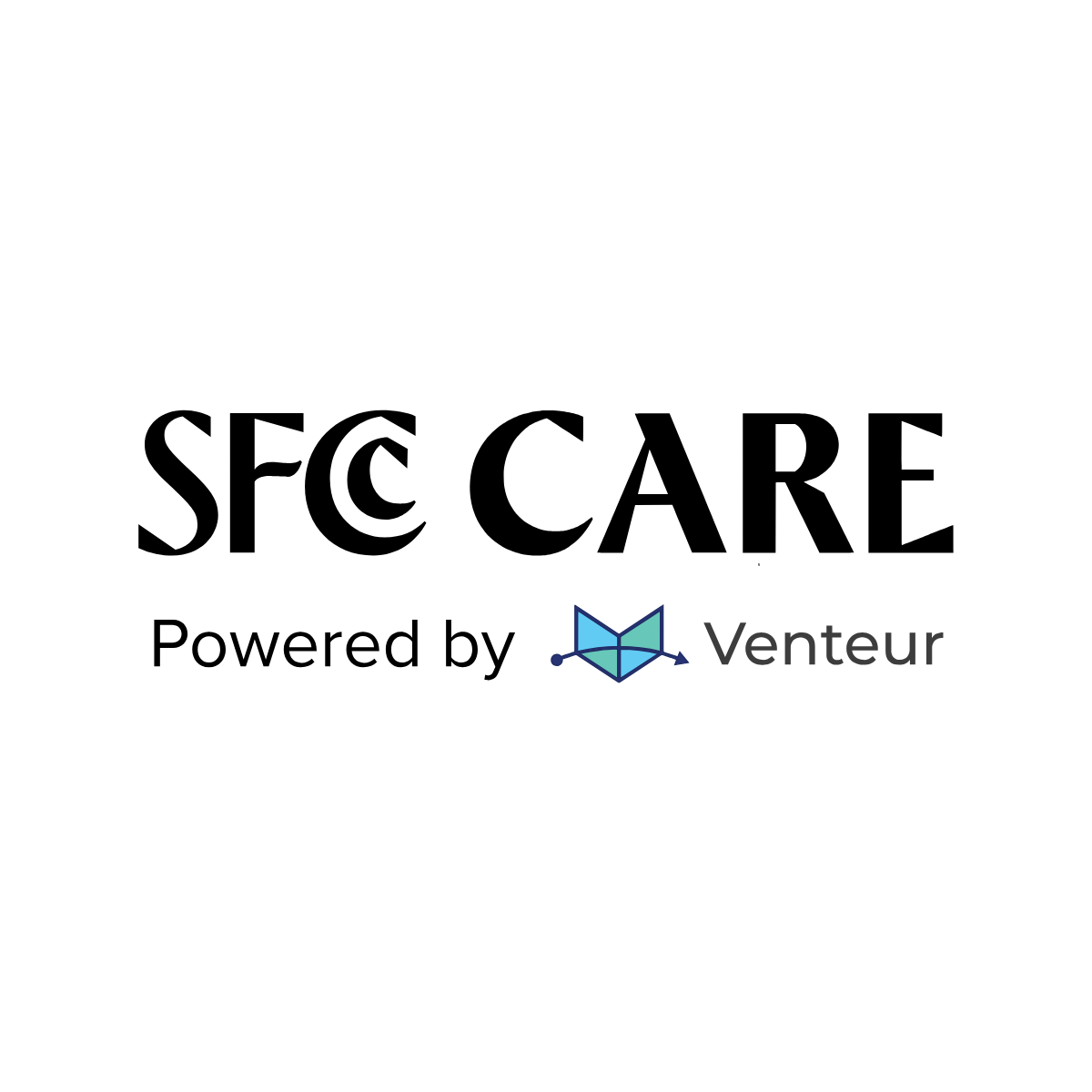What You Need to Know About Turning 65 and Enrolling in Medicare

POV: You're an employee about to turn 65 curious about your health insurance options. Do you enroll in Medicare? Do you wait?
First off, happy birthday and congratulations on this milestone birthday. Even if you continue working and stay on your employers plan, it’s important to understand how Medicare works and how it fits into your healthcare options. This is especially if you’re part of an Individual Coverage Health Reimbursement Arrangement (ICHRA) plan through your employer. This article is meant to help you walk through your options andclarify some common misconceptions.
Medicare Is for Everyone Over 65
Many people think they only need to enroll in Medicare onlyif they are retiring or if they are drawing Social Security benefits. This is a common misunderstanding. Medicare is available to everyone when they turn 65, regardless of whether you plan to retire or continue working. By enrolling, you’re not only protecting your health but also making the most of the benefits you’ve earned through years of hard work. Another way to look at it is you're claiming what is rightfully yours
Why You Should Enroll
- Avoid Late Enrollment Penalties: If you don’t enroll in Medicare when you first become eligible at age 65, you may face penalties that increase your premiums later on. These penalties can add up over time, making your healthcare more expensive.
- Access to Essential Coverage: Medicare helps cover a variety of medical expenses, including hospital stays, doctor visits, and some preventive services. Enrolling ensures you have access to these essential benefits.
- Easier Enrollment Process: Enrolling in Medicare at 65 is straightforward. As you age, the enrollment process can become more complicated, and waiting too long can lead to gaps in your coverage.
You Don’t Have to Draw Social Security
A common myth is that you must be receiving Social Security benefits to enroll in Medicare. This is not true. You can enroll in Medicare even if you’re still working and haven’t started drawing Social Security.
How to Enroll in Medicare
- Automatic Enrollment: If you’re already receiving Social Security benefits when you turn 65, you’ll be automatically enrolled in Medicare Part A and Part B.
- Manual Enrollment: If you’re not receiving Social Security, you’ll need to sign up during your Initial Enrollment Period, which begins three months before your 65th birthday and lasts for seven months (three months before, the month of, and three months after).
- Online or In-Person: You can enroll online at the Social Security Administration’s website, by phone, or in person at your local Social Security office.
How Medicare Works with Your ICHRA
If you’re enrolled in an ICHRA plan, you will typically transition from an individual health insurance plan to Medicare. At a minimum, you must enroll in Medicare Parts A and B. However, many individuals also enroll in Part D (Prescription Coverage) and Medigap (Supplemental) policies. ICHRA reimburses all types of Medicare. An ICHRA can help cover Medicare Advantage plans.
Some employees ask us if they can keep their current individual health insurance plan. Generally speaking. you can do so through the end of the plan year. However, it's rarely in your interest to do so. Medicare coverage is more robust than their individual plan and is also significantly cheaper. We find that employees premiums go from $1,000 -$1,500 per month to $300-$400 per month.
If your employer offers a Health Wallet, you can pay for out-of-pocket medical expenses. Many employees are able to pay for all premiums and their full year of medical expenses via an ICHRA.
How Medicare Works with Group Health Insurance
Employees turning 65 are also eligible to enroll in Medicare if they are offered a traditional group health insurance plan. If you have both Medicare and a group health insurance plan, the group insurance typically pays first, and then your Medicarecan help cover any remaining costs
Conclusion
As you get closer to 65, don’t forget about Medicare! It’s important to enroll on time to avoid penalties and ensure you have the healthcare coverage you need. Remember, you don’t have to retire or draw Social Security to sign up. If you have questions about Medicare or how it integrates with your ICHRA, feel free to reach out for more information. Your health is worth it!
You got questions, we got answers!
We're here to help you make informed decisions on health insurance for you and your family. Check out our FAQs or contact us if you have any additional questions.
Explore more related content
What is Venteur
Explore the best human-first Health Insurance platform
Simple, personalized health benefits
Sign up in minutes, define your contribution, and let your employees choose the health plan that works right for them
Integrations to make everything run smoothly
We'll connect with your payroll and finance systems to make deductions and premium payments seamless
Easy onboarding and off-boarding
In just a few clicks, add your roster and make updates on the fly. We'll handle it from there.
Venteur Certified Brokers to help your employees pick the right plan
Our trusted brokers ensure the best outcomes for employees and employers by unlocking health savings and providing unrivaled plan options.
AI-powered plan recommendations to give you confidence while you shop
Backed by 30 years of healthcare data, Venteur’s AI helps employees compare and choose the best plan for their unique situation.
Compliance and reporting because no-duh!
Venteur manages plan administration, reporting, and compliance so you can focus on growing your business.


